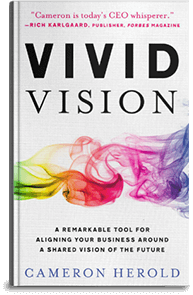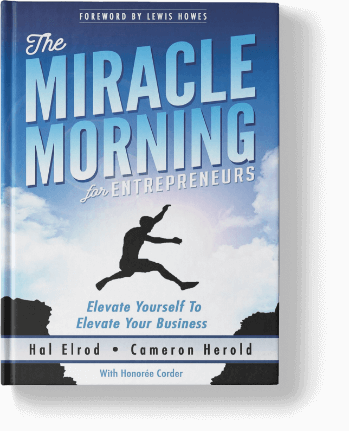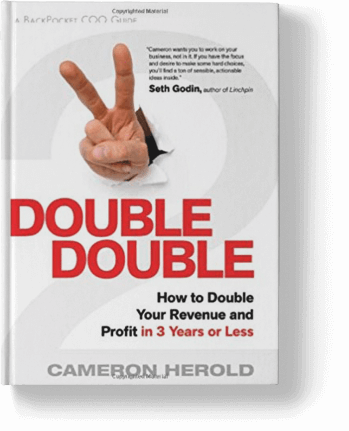Do your employees help each other like this ? Do they take pride in helping others in different business areas ? Are they motivated by seeing others succeed ?
Hire people who care. Hire people who want to see others succeed. I’ll tell you what, the player with the #2 on his jersey will show those same caring traits as an adult as he does in this video. And if you had a team filled with people like him, imagine how much faster your company would grow.
Hire people with the behavioral traits you want…
For more information on this topic, check out: Building a World Class Culture and Leadership at 100MPH.

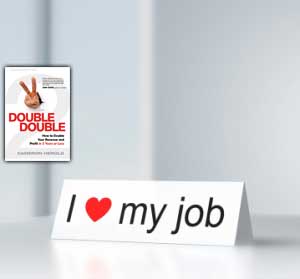 I have been recruiting thousands of employees for 25 years now – and this is easily the best recruiting tactic I’ve ever heard of for getting true A Players. It’s a twist on the old internal referral bonus…
I have been recruiting thousands of employees for 25 years now – and this is easily the best recruiting tactic I’ve ever heard of for getting true A Players. It’s a twist on the old internal referral bonus… I don’t get it.
I don’t get it. Here are some of the typical questions I’ve used in group interviews. Keep in mind that I’m only looking for cultural fit and leadership at this stage.
Here are some of the typical questions I’ve used in group interviews. Keep in mind that I’m only looking for cultural fit and leadership at this stage.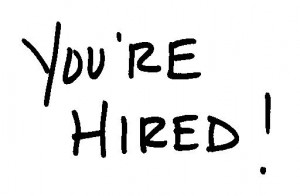 The following interview questions are from a survey I found years ago and also include a bunch of my favorites.
The following interview questions are from a survey I found years ago and also include a bunch of my favorites.

